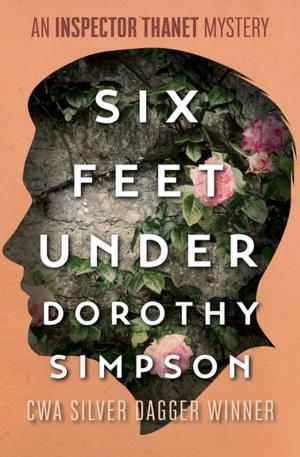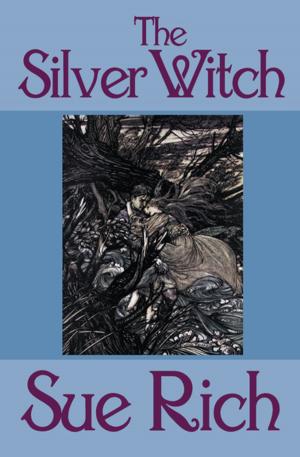Anatomy of a Jury
The Inside Story of How Twelve Ordinary People Decide the Fate of an Accused Murderer
Mystery & Suspense, Legal, Fiction & Literature, Crime| Author: | Seymour Wishman | ISBN: | 9781480406056 |
| Publisher: | Open Road Media | Publication: | March 19, 2013 |
| Imprint: | Open Road Media | Language: | English |
| Author: | Seymour Wishman |
| ISBN: | 9781480406056 |
| Publisher: | Open Road Media |
| Publication: | March 19, 2013 |
| Imprint: | Open Road Media |
| Language: | English |
An acclaimed trial attorney presents a mock murder case to explore the jury system in this “compelling . . . intelligent . . . provocative” work (The New York Times Book Review).
Creating a composite legal case based on real-life criminal investigations and trials, Seymour Wishman’s Anatomy of a Jury carries us from crime scene to courthouse to jury room, providing a fascinating, behind-the-scenes look into the nation’s criminal justice system.
In autumn 1982, in the affluent New Jersey community of Glen Ridge, a woman is found brutally murdered in her home. The victim’s distraught husband points police to a likely perpetrator: an African American handyman with a criminal record. A search of the suspect’s home reveals nothing, but still the man is indicted for the crime. His ultimate fate is to be determined by “a jury of his peers”—twelve strangers with no special legal skills or training and a fervent desire to do what is right.
As dramatic and riveting as it is educational, Wishman’s staging and analysis of a criminal trial is a “rousing endorsement of the jury and a superb description of how the system really operates” (St. Louis Dispatch).
An acclaimed trial attorney presents a mock murder case to explore the jury system in this “compelling . . . intelligent . . . provocative” work (The New York Times Book Review).
Creating a composite legal case based on real-life criminal investigations and trials, Seymour Wishman’s Anatomy of a Jury carries us from crime scene to courthouse to jury room, providing a fascinating, behind-the-scenes look into the nation’s criminal justice system.
In autumn 1982, in the affluent New Jersey community of Glen Ridge, a woman is found brutally murdered in her home. The victim’s distraught husband points police to a likely perpetrator: an African American handyman with a criminal record. A search of the suspect’s home reveals nothing, but still the man is indicted for the crime. His ultimate fate is to be determined by “a jury of his peers”—twelve strangers with no special legal skills or training and a fervent desire to do what is right.
As dramatic and riveting as it is educational, Wishman’s staging and analysis of a criminal trial is a “rousing endorsement of the jury and a superb description of how the system really operates” (St. Louis Dispatch).















